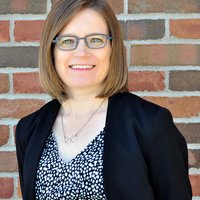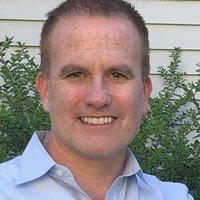Health Equity
LISC’s approach to advancing health equity is holistic: we invest in safe, affordable housing, robust programs to increase job opportunities and financial stability, and improvements and expansion of hiqh-quality child care facilities — all of which are key factors into the health and wellbeing of a community. LISC invests in these programs statewide, because we feel that your zip code should not determine your life span.
In Rhode Island, LISC takes that philosophy one step further. LISC is the backbone entity for the Pawtucket Central Falls Health Equity Zone - a revolutionary way of addressing community health by empowering a resident-led, place-based approach that brings communities together to build the infrastructure needed to achieve healthy, systemic changes at the local level. The premise is simple — residents understand the challenges in their communities, and when asked, the community works together to create solutions.

The Health Equity Zone initiative is an innovative, place-based approach that brings communities together to build the solutions needed so that neighbors can achieve healthy outcomes. Learn more about the work being done in Pawtucket and Central Falls.

WPRI-TV featured the Mental Health Is Health initiative on Street Stories. Read the story here, and watch the segment linked below.

In 2019, LISC invested $12.2M, which included $4.2M in equity through New Markets Tax Credits, to build this transformational community health care center which will provide full-service resources to 90% of the surrounding area.

The COVID pandemic identified key learnings and best practices for community health, including timely systems-level changes that made a difference.

Ana Novais, acting secretary of Rhode Island’s Executive Office of Health and Human Services, describes how neighborhood-rooted Health Equity Zones are tackling gaps in wellbeing and life expectancy that plague communities of color and people living on low incomes.




